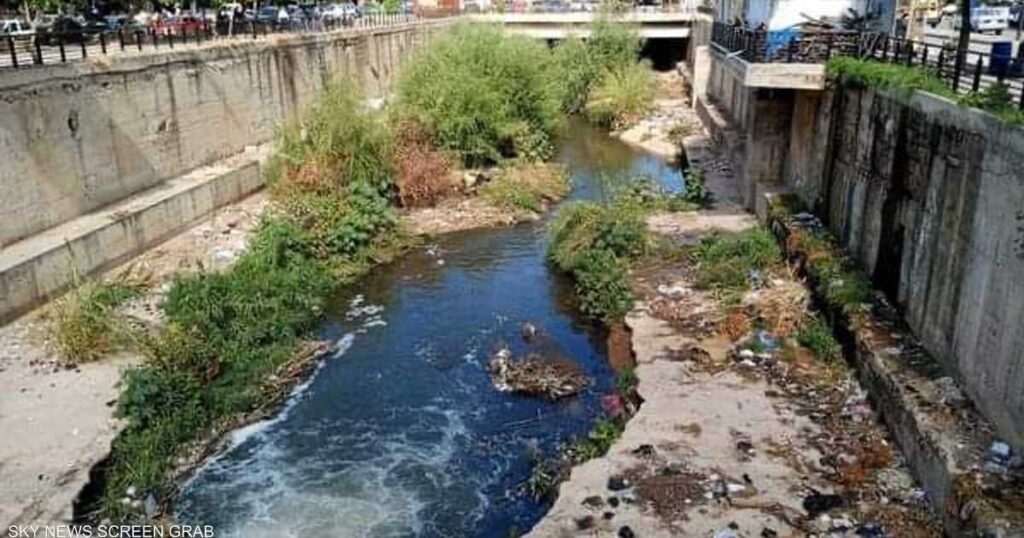For the first time in decades, the first cholera injury in Lebanon was recorded earlier this month, while the country is witnessing an economic collapse that negatively affected the ability of public facilities to provide major services such as water, electricity and hospitalization.
Of a statement, the group said that the rise in injury cases in Lebanon “warns of the fascism of Kolra Fattaka.”
“The situation in Lebanon is delicate, as the country is struggling to deal with other crises, and these crises multiply their impact owing to the long-term political and economic degradation, said Abdel Nasser Abu Bakr, the World Health Organization’s representative in Lebanon.
According to the group, more than 1,400 suspects have been identified nationwide since October 5; these include 381 confirmed injuries and 17 fatalities.
The fascism “was initially isolated to the northern districts, but it swiftly expanded,” and confirmed casualties were registered in all governorates, according to the organization’s statement.
The World Health Organization was forced by this circumstance to assist Lebanon in obtaining 600,000 doses of the cholera vaccine.
The World Health Organization said that it is stepping up efforts to distribute more doses “in light of the epidemic’s fast growth.
According to the United Nations, the conflict that started in 2011 caused damage to about two-thirds of the country’s water treatment plants, half of its pumping stations, and a third of its water tanks. Since September, neighbouring Syria has been experiencing cholera in several governorates for the first time since 2009.
The cholera strain present in Lebanon “is comparable to the pattern transmitted in Syria,” according to the World Health Organization.
The bulk of injuries in Lebanon were reported among Syrian refugees living in haphazard camps without even the most basic amenities, such sewerage and clean water systems.
Residential areas with poor sewage systems or limited access to drinking water frequently have cholera outbreaks. It frequently results in diarrhoea and vomiting after consuming tainted food or drink.
According to the World Health Organization, it is easily treatable but if attention is not given, it can kill within hours.
An alert for a risk in Lebanon. The “deadly epidemic” is spreading quickly

